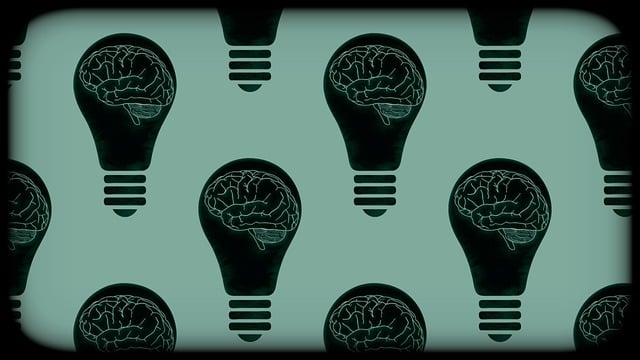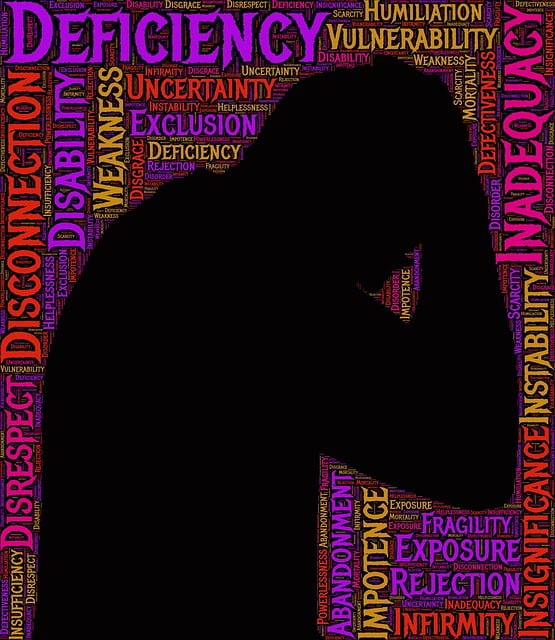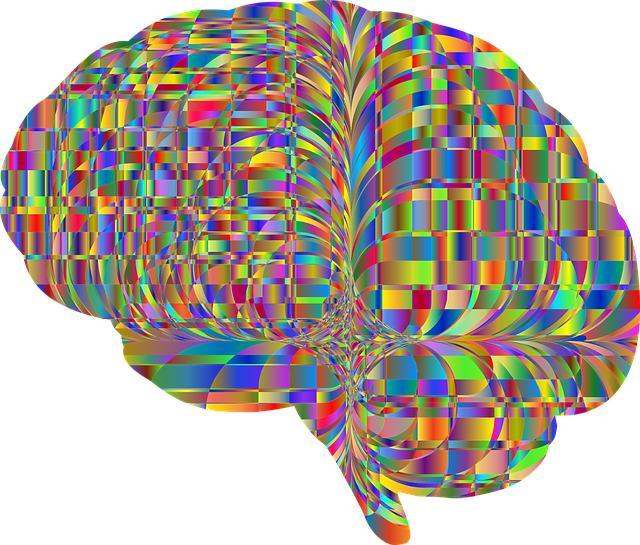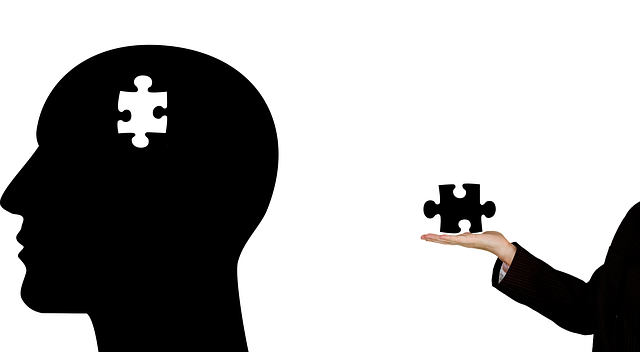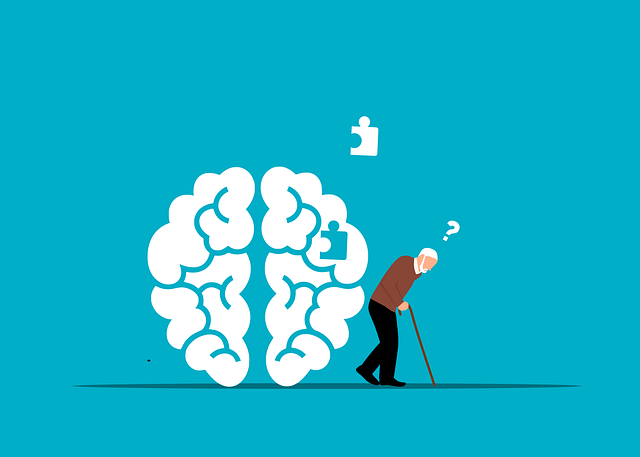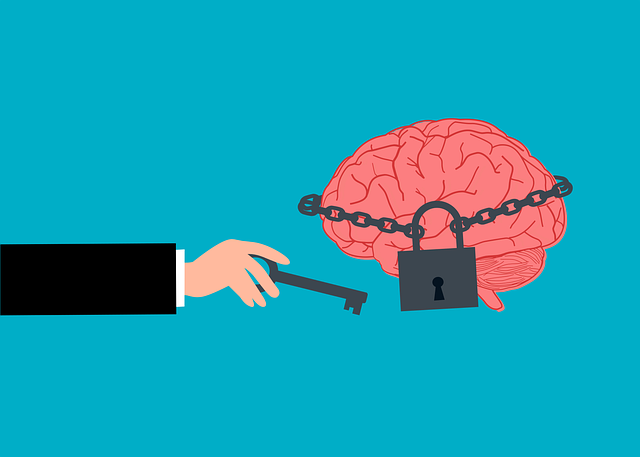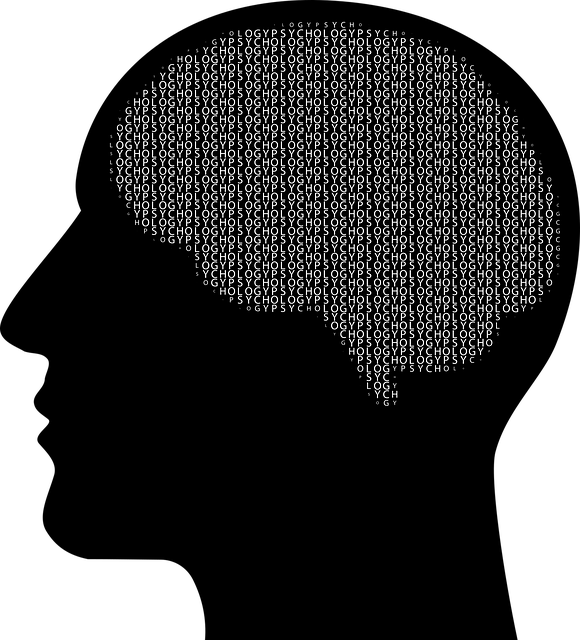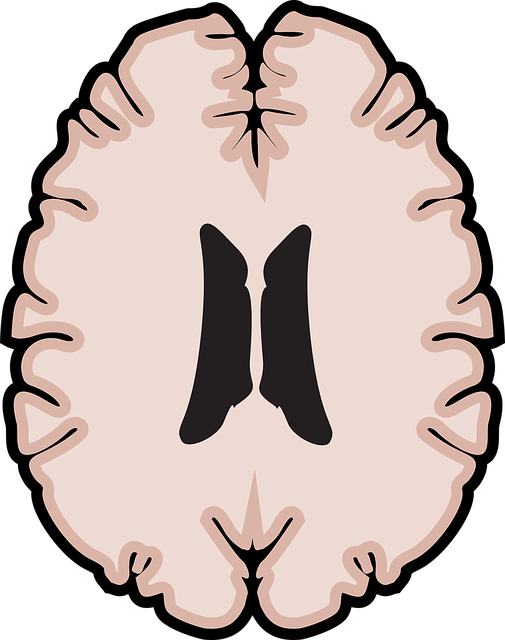Resilience is crucial for managing life's challenges, especially for individuals with Lone Tree ADD-ADHD. The Resourceful Fronting Method (RFM) offers a powerful approach, teaching emotion and thought management through personal strengths and past achievements. Lone Tree ADD-ADHD evaluations provide comprehensive therapy sessions integrating CBT, mindfulness, and Compassion Cultivation Practices to enhance focus, organization, and emotional regulation. These interventions build confidence, empower individuals to navigate challenges, and promote overall well-being, utilizing the Lone Tree metaphor for resilience and growth.
“Unleashing resilience is a transformative journey, especially for individuals navigating Attention Deficit Disorder (ADD) or Attention-Deficit/Hyperactivity Disorder (ADHD). This article explores powerful strategies, starting with the RFM model, to build resilience. We delve into innovative evaluations like the Lone Tree metaphor, offering a unique perspective on coping mechanisms. Additionally, we uncover therapeutic techniques tailored for ADD-ADHD, providing practical tools to foster adaptability and strength. Discover how these approaches can guide individuals towards overcoming challenges, just as a lone tree stands strong against the elements.”
- Understanding RFM and Its Role in Resilience Building
- Evaluating ADD-ADHD: A Unique Approach to Strengthening Resilience
- Therapy Techniques for Fostering Resilience in Individuals with ADD-ADHD
- The Lone Tree Metaphor: A Symbolic Journey Towards Overcoming Challenges
Understanding RFM and Its Role in Resilience Building

Resilience, the ability to adapt and bounce back from adversity, is a vital skill for navigating life’s challenges. This is where RFM (Resourceful Fronting Method) comes into play as a powerful tool in resilience building exercises. By utilizing this method, individuals, especially those with conditions like Lone Tree ADD-ADHD, can learn to confront and manage their emotions and thoughts more effectively.
RFM involves identifying and leveraging personal resources, such as strengths, skills, and past achievements, to confront and reframe challenging situations. It teaches individuals to approach adversity from a place of self-awareness and empowerment. This proactive strategy is particularly beneficial for those seeking Trauma Support Services, as it enables them to develop coping mechanisms that go beyond merely avoiding or suppressing difficult emotions. Additionally, RFM can enhance Social Skills Training by fostering better emotional regulation, which is crucial for interacting with others in various social settings. Moreover, the method supports Confidence Boosting by helping individuals recognize their inherent capabilities and apply them in everyday life.
Evaluating ADD-ADHD: A Unique Approach to Strengthening Resilience

When it comes to evaluating and strengthening resilience in individuals with ADD-ADHD, a unique approach is often required. Traditional methods may not always capture the complexities of this condition, which is where Lone Tree ADD-ADHD evaluations stand out. These assessments go beyond standard diagnostic tools by incorporating comprehensive therapy sessions that target specific challenges faced by those with ADHD. Through tailored interventions, such as Compassion Cultivation Practices, professionals can help individuals develop coping mechanisms and build resilience.
By integrating risk management planning for mental health professionals into the evaluation process, a holistic view of the client’s well-being is achieved. This approach not only identifies areas of struggle but also equips them with strategies to enhance focus, organization, and emotional regulation. The goal is to boost confidence and foster a sense of empowerment, enabling individuals to navigate life’s challenges more effectively.
Therapy Techniques for Fostering Resilience in Individuals with ADD-ADHD

For individuals with Attention Deficit Hyperactivity Disorder (ADD-ADHD), building resilience is a vital aspect of their overall well-being and treatment journey. Lone Tree ADD-ADHD evaluations and therapy play a crucial role in identifying specific challenges and tailoring interventions accordingly. Therapists can employ various techniques to foster resilience, focusing on skills development and coping strategies. Cognitive Behavioral Therapy (CBT) is an effective approach, teaching individuals to recognize and challenge negative thought patterns and behaviors associated with ADD-ADHD symptoms. By replacing these with more adaptive responses, clients enhance their ability to manage stress and adversity.
Additionally, mindfulness practices and emotional regulation techniques are valuable tools. Mindfulness meditation helps individuals stay grounded in the present moment, reducing impulsive reactions common in ADD-ADHD. Emotional regulation strategies enable better management of intense emotions, often a challenge for those with this condition. Incorporating these therapeutic methods into treatment plans can significantly improve an individual’s resilience, helping them navigate life’s challenges with greater adaptability and coping mechanisms.
The Lone Tree Metaphor: A Symbolic Journey Towards Overcoming Challenges

The Lone Tree metaphor offers a powerful and symbolic journey to help individuals navigate and overcome challenges, particularly relevant in the context of ADD-ADHD evaluations and therapy. Imagine a solitary tree standing tall and proud amidst an expansive landscape. This tree represents resilience—a sturdy foundation that endures despite the winds of adversity. Just as this tree adapts to changing seasons, so too can individuals learn to bend and grow through life’s challenges.
In today’s world, where mental health policy analysis and advocacy are increasingly important, fostering resilience is a key component in supporting overall mental wellness. Through targeted therapy sessions and well-structured programs like Mental Wellness Coaching and Stress Management Workshops, organizations can empower individuals to embrace their inner Lone Tree. This symbolic journey teaches that overcoming challenges is not about avoiding them but rather cultivating the strength to stand firm and thrive despite adversity, just as a lone tree does in its landscape.
In conclusion, integrating RFM and resilience-building exercises offers a holistic approach to empowering individuals with ADD-ADHD. By understanding their unique challenges through evaluations like the Lone Tree metaphor, and applying therapeutic techniques tailored to their needs, we can foster significant growth and improved coping strategies. This comprehensive method ensures that those navigating ADD-ADHD not only manage symptoms but also develop resilience for a fulfilling life journey.
